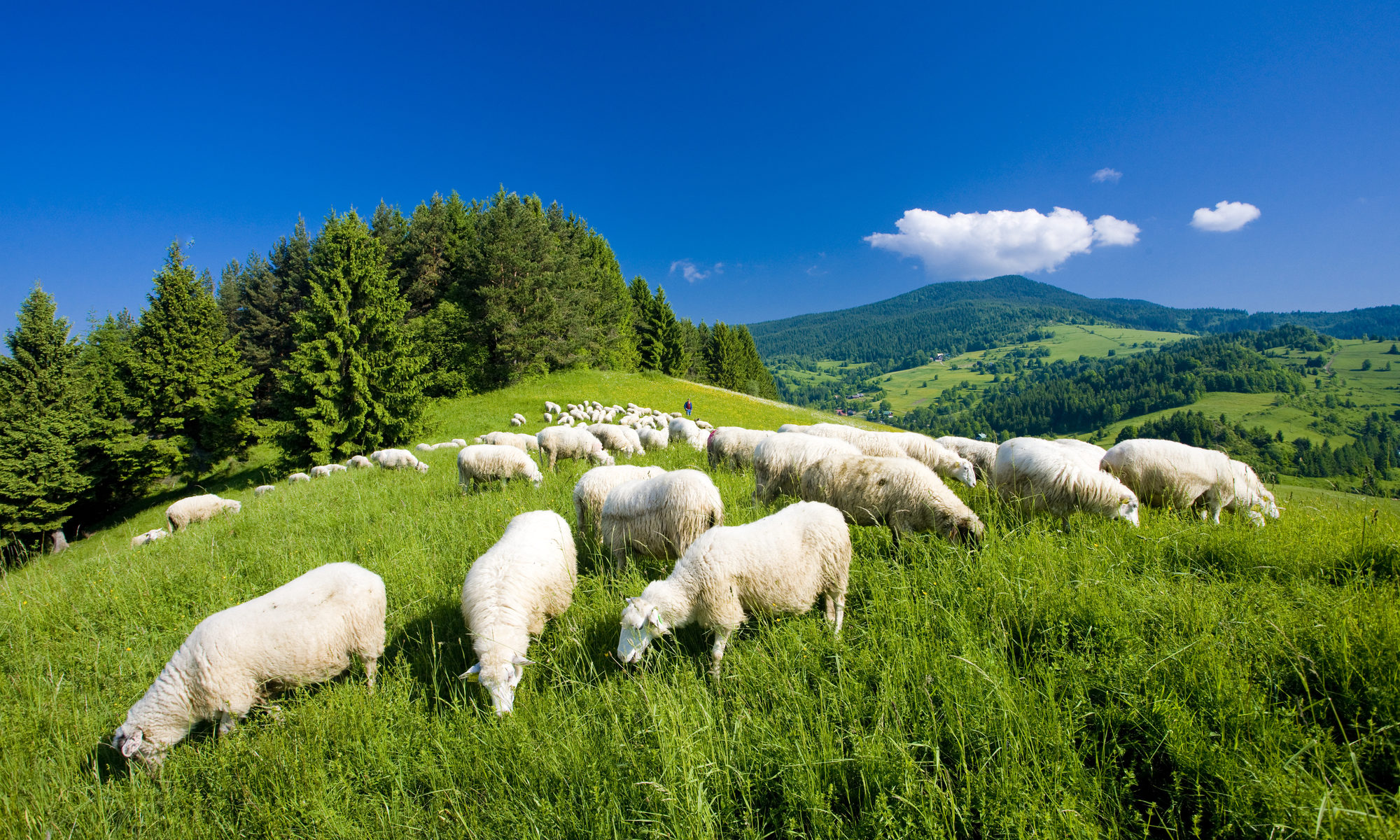Focus Scripture: John 21:15-17
This story takes place on the shores near the Sea of Tiberias. Most of us know this body of water as the Sea of Galilee. In many respects, the sea is legendary. It is the place where Jesus called his first disciples (Luke 5:1-11), walked on water (Matthew 14:22-33), healed the sick (Mark 6:53-56), taught his disciples to pray (Matthew 6: 9-13) and told them not to worry about tomorrow (Matthew 6:34). John 6:1 and John 21:1 are the only two places in the whole Bible where the body of water in question is referred to as the Sea of Tiberias. It makes you wonder if the gospel writer is trying to tell us something.
John’s reference to the Sea of Tiberias here draws our attention to the one after whom the sea is named: Tiberias Caesar the second Emperor of Rome. Tiberius succeeded Caesar Augustus in 14 CE and ruled until 37 CE. The gospel of Luke (3:1-2) makes reference to this emperor: “in the fifteenth year of the reign of Tiberius Caesar, … Pontius Pilate was governor of Judea, and Herod was tetrarch of Galilee.” During this period also, Caiaphas was the high priest, and the Roman Empire cast a big shadow over the world back then. The Roman government had a number of building campaigns going on around the Empire, including great amphitheaters, aqueducts, and other projects that benefited the elite.
Somebody had to pay for all that luxury. So, the poor people in the provinces were taxed. Historical accounts tell us there were grain taxes, produce taxes, sales taxes, temple taxes, occupational taxes, custom taxes, transit taxes, and many others. This tax burden created a huge divide between the rich and the poor. One biblical historian by the name of Friesen developed a poverty scale that provides seven categories for describing economic resources at the time. According to Friesen, the wealthy elites formed only 1% – 3% of the whole population of the Empire, while more than 90% of the population were living in severe or extreme poverty.
According to the gospels, Jesus was born into this Roman-influenced world where the majority of the people fell prey to the opulence of the elite and the greed of the ruling class. Poverty was widespread both in rural and urban areas. The people were weary, and they were hungry in more ways than one. And Jesus asked the disciples to feed them. In a directive we call the Great Commission, Jesus directed his disciples to go into the world and make disciples of all nations (Matthew 28:16-20).
In many respects, the circumstances of the present day mirror those of the first century. The people were starving then; they are starving now. Let’s face it. Making disciples, both then and now, must involve feeding the people in the ways they need to be fed. In today’s world, feeding God’s sheep might involve nourishing the people so they can stand strong against the forces of oppression or racism. Feeding God’s people in a society that marginalizes them might mean lifting up words of encouragement so they will have hope. It might involve providing places where they can escape the madness going on all around them. Or it might involve praying for them. God’s people are hungry for spiritual food, and we, as 21st-century disciples, are responsible for feeding them.


